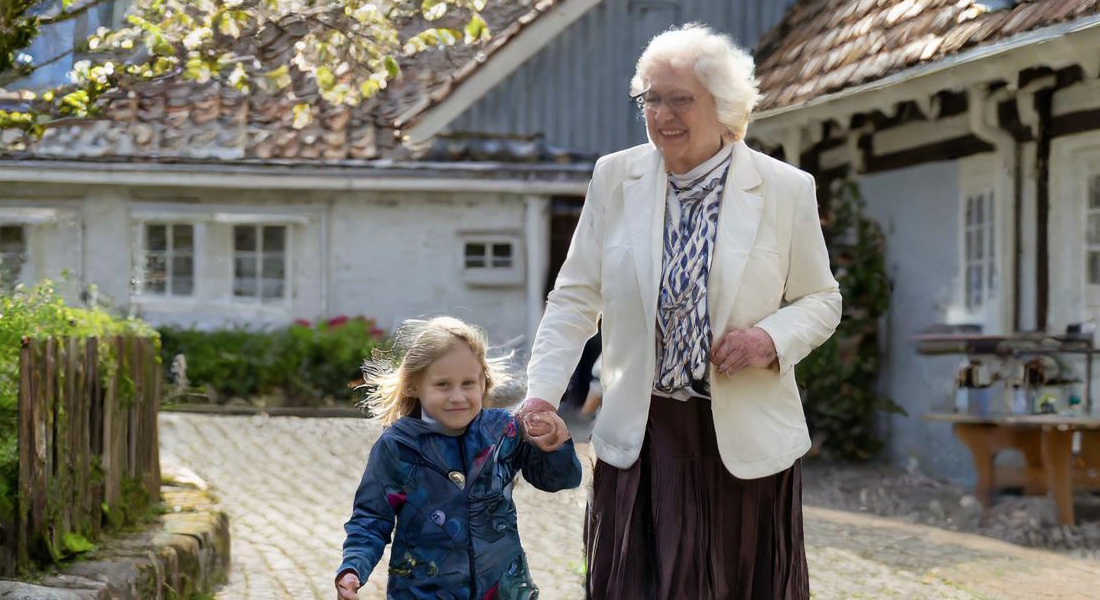When grandma stays in the labor market
Senior citizens must postpone retirement days and instead continue to work hard in the labor market long after they have turned 60. And this affects their adult children a new CEBI working paper by Malene Callesøe Fuglsang Laczek finds: Their adult children work less.

In the 1990s policymakers introduced a reform that temporarily allowed selected cohorts to retire earlier to make room for young people in the labor market:
The reform created two almost identical groups that happened to have very different chances of leaving the labor market: "This meant that if you were born in 1946 and had been unemployed in the past year, you could retire at the age of 50, while those who happened to be born in 1947 could not take advantage of the scheme and therefore could only retire at the age of 60," explains Malene Laczek who is a PhD student at CEBI and author of the new working paper “Inter-generational spillovers in labor supply: Evidence from a Danish retirement reform”:
“I see here that if a mother is able to retire ten years earlier, the wages of her adult children increase by two per cent," says Malene Laczek and continues:
“You could imagine that it doesn't matter when your parents retire in a country like Denmark, where we have day-care centres and kindergartens to look after the children, but it shows that the family is important even in a highly individualistic welfare society like Denmark's," says Malene Laczek.
She shows that adult children are also more likely to be employed, to work more hours per week, to earn higher hourly wages, to occupy higher positions in the occupational hierarchy, to take longer to complete their education and to have more children.
The Mother penalty - again
One of the big debates in economics is the 'penalty' that mothers face when they have their first child. Many women experience a significant pay cut, which can leave them behind even decades after they have returned to work
"Here I can see that the gap is 17 per cent smaller for women whose mothers were able to retire ten years earlier as a result of the reform. The gap is far from disappearing, but the help from mothers seems to be able to reduce the gap,” says Malene Laczek.
The pension reform continues to have more or less the same effect many years after the grandchildren have grown too old to be looked after by their grandparents.
"If it was just the five years when you have small children, it wouldn't have such a big impact, but I can see that it affects people's careers for the next 20 years, and then the effect is suddenly bigger - both for the individual and for society," says Malene Laczek.
